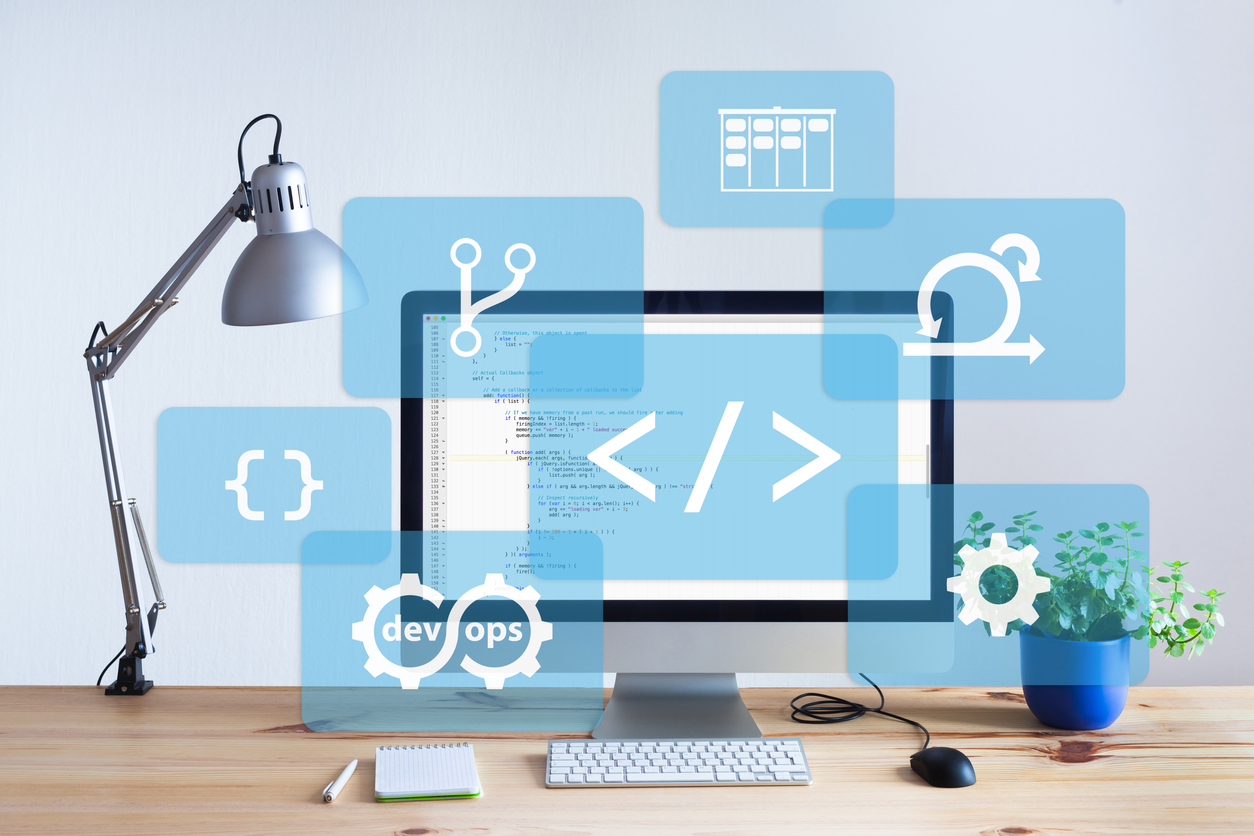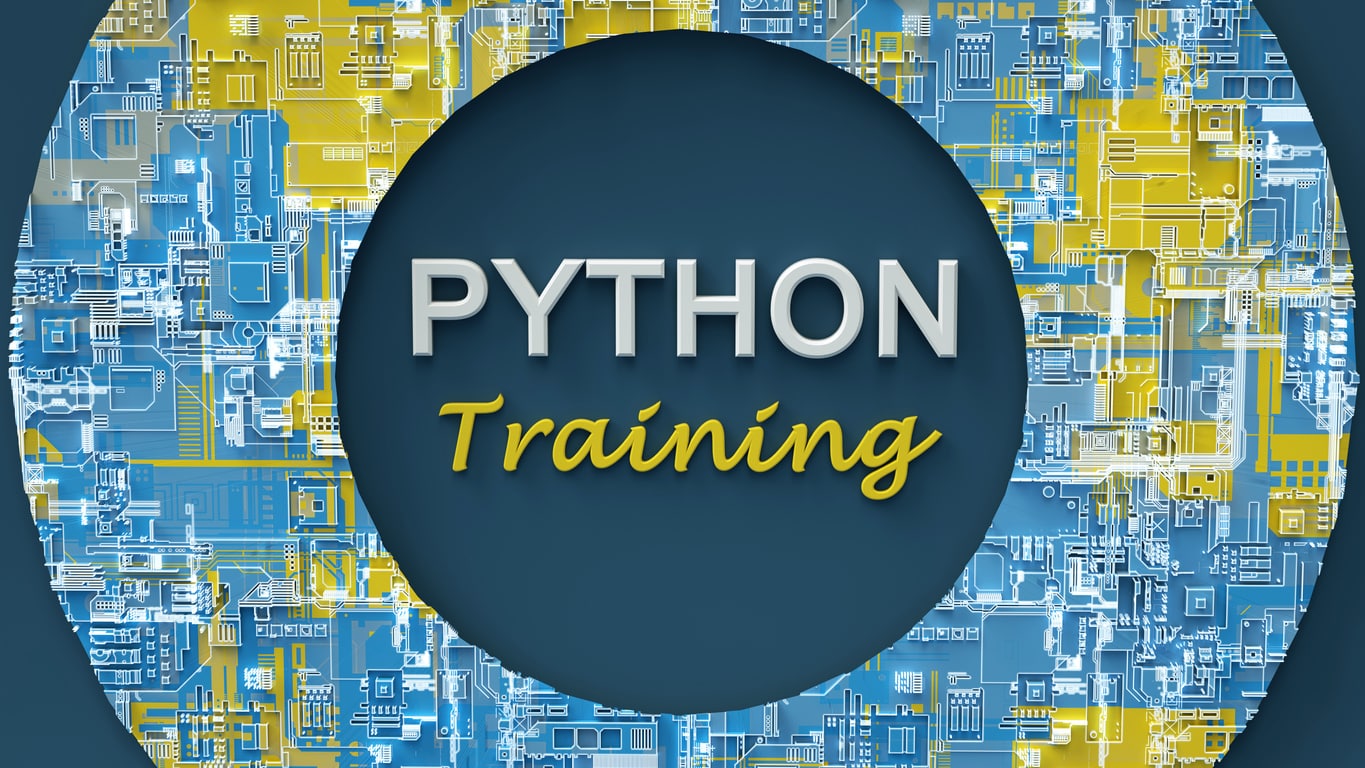- Introduction
- Who is a Software Engineer?
- Software engineer job description
- Roles and Responsibilities
- Salary trends in the India and US
- Skills required for becoming a software engineer
- The work environment of a Software engineer
- How to become a software engineer?
- Difference between a Software engineer and Systems Engineer
- Advantages of a Software Engineer course
- FAQs
- Introduction
- Who is a Software Engineer?
- Software engineer job description
- Roles and Responsibilities
- Salary trends in the India and US
- Skills required for becoming a software engineer
- The work environment of a Software engineer
- How to become a software engineer?
- Difference between a Software engineer and System Engineer
- Advantages of a Software Engineer course
- FAQs
Introduction
If you have a strategical mind and you enjoy problem-solving, you can consider a career in the field of software engineering. Software Engineering is the application of engineering approaches systematically to develop software. Software is a set of programs run together to perform a specific task. The software or a product ranges from applications, games, to operating systems, etc.
Who is a Software Engineer?
A software engineer is a person who uses software engineering principles to develop, test, design, maintain, and evaluate the software.
They use programming languages to design, develop, test, maintain computer software applications like games, network systems, etc. They apply principles of computer science and combine them with mathematical analysis to develop software.
Software engineers are highly sought in today’s era. This is because they help solve real-world problems. When solving a real-world problem, they analyze the problem at hand and understand the requirements. They use flowcharts, graphs to better understand how to build a solution for the problem. They then design an algorithm which is like an intermediate step. This algorithm serves as a foundation for the final solution or the code. Once they have the final code(the solution) ready, they run it for various test cases and check for bugs(debugging).
A software engineer is well-versed in :
- Programming
- Problem Solving
- Mathematical skills
- Design and architecture
- Algorithms, Debugging, and Testing
Software engineer job description
Software engineer job description includes:
- Identifying the user needs and work with them.
- Developing, designing, testing, maintaining software or a system according to the needs of the user.
- Keeping the software engineering principles in mind, a software engineer will have to create a model, extract findings and develop a desirable outcome.
- Documentation of the details and findings related to the system or application in detail will help those responsible for future maintenance.
- The system or application will require maintenance with updates and fixes whenever necessary.
- for existing systems or applications, recommending software upgrades will be one of the duty which is in the Software engineer job description
- Working or Collaborating with other developers and other engineers to create software will be a main job for the person.
There are different types of software or applications that a software engineer can develop or create, such as computer games, middleware, operating systems, business applications, and many more. Software engineering is an endless process; new technologies, new languages, and new skill sets need to be updated by every engineer. It is a path of endless learning and updating.
When working with a customer, an engineer will get to know the customer’s needs. After the data or the needs are collected, then they need to design, test, and develop the computer software. They are experts in every field of computing engineering, such as software structure and identifying the drawback of the existing software. The process is very delicate and fragile; hence they use data diagrams, flowcharts, and algorithms. Software engineers use these things and convert them into instructions that are understood by a computer (coding/programming). This is usually the responsibility of a computer programmer.
Software engineers should have interpersonal skills to be able to effectively communicate with users and create, test, and debug software all the way until the desired end product is obtained. They are involved from the very beginning stages of software planning which concludes after producing a desirable outcome. In some cases, they will have to work or maintain even after the delivery for maintenance or updating purposes.
Roles and Responsibilities
- Analyze user requirements to build a solution for the real-world problem.
- Writing and testing code.
- Research and develop new software applications and computer operating systems.
- Creating technical specifications.
- Improving code quality by identifying issues, testing, and maintaining the code.
- Enhancing the applications by identifying opportunities for improvement and making recommendations
- Maintaining and improving existing codebases and peer review code changes
- Investigating and using new technologies where relevant
- Curate operational documentation alongside technical authors
- Maintain software systems by monitoring and fixing software defects
- Stay updated with new technical knowledge and skills by attending in-house and external courses, studying manuals, and accessing new applications.
Salary trends in the India and US
Being a software engineer, your salary will differ depending on whether you develop applications or systems. Software engineers who develop systems receive a higher salary than those who create applications. Other factors, including the nature of the business and the company’s location, may affect your salary. Software engineers are usually either full-time or contract-based employment.
Average Salary of a Software Engineer
The average salary of a software engineer in India is around ₹5.8 lakhs per year. The average salary for the same role in the US is around $115,784 per year.
Salary based on experience
| India | US | |
| Beginner | 6.3 LPA | $108,191 |
| Intermediate | 8.4 LPA | $127,139 |
| Experienced | 15.4 LPA | $145,658 |
In India, a software engineer would get paid around 6 lakhs per annum at the beginner level. As experience increases, the salary would jump to 8-9 lakhs per annum for intermediate level and 15-16 lakhs per annum for experienced professionals.
In the US, the salary ranges between $100k-110k/year for the beginner level. For intermediate level, it is around $127k-$130K/year, and for experienced professionals, it’s around $145k/year.
Check out this list of highest-paying IT jobs in America.
Salary based on the company
Salary in the US, based on the company:
| Company | Salary Per Annum |
| Apple | $173,436 |
| Visa | $143,834 |
| Tesla | $143,017 |
Salary in the India, based on the company:
| Company | Salary Per Annum |
| Accenture | ₹513,942 |
| Cisco Systems Inc | ₹1,328,403 |
| JP Morgan | ₹1,261,157 |
Salary based on skills
India:
The image below shows the salary trends if you have the given skills in India. If you have Java Skills, you can expect an average salary of around Rs. 608,512 per annum. Similarly, If you know Python, you can expect a salary of around Rs. 675,954 per annum.

US:
The image below shows the salary trends if you have the given skills in the US. If you have Python Skills, you can expect an average salary of around $90,625 per annum. Similarly, If you know JavaScript, you can expect a salary of around $87,523 per annum.

Skills required for becoming a software engineer
Apart from an excellent academic background with degree and certification, we require a combination of technical and personal skills, such as:
- Programming. As software engineers, we will need to know at least a few in-depth programming languages, such as C++, Java, Python, C#, Net, and Ruby. Most computer science undergraduate degrees introduce students to one or more languages. It is good to have a general understanding of the basics of many languages and in-depth knowledge of at least two of them. This will help prepare you for most coding issues you are likely to encounter in the future while working as a professional.
- Teamwork. A group of members forms a team, and different people with different skill sets work together to form a system. As a software engineer, you need to work with other engineers and developers and also non-technical colleagues who use your systems and software. This includes being able to communicate well with others and being prepared to listen to and learn from your co-workers.
- Attention to detail. Every work in engineering requires keen attention to detail. You will need to have patience and pay close attention to detail. You will have to spend hours and hours going line by line through the written code to create or fix an issue. Being keen on every detail will help you resolve issues and make sure they don’t happen again.
- Adaptability. This tells about your willingness to learn new skills and flexibility or work within new environments. Technology changes every now and then, and as a software engineer, you will regularly face new challenges. Your ability to learn new skills and adapt to change can play an important part in the success of your projects.
The work environment of a Software engineer
Software engineers work in almost all industries such as automotive, government, medical, industrial, and technology. They work in an alliance environment beside developers and other engineers. Most of the engineers work a standard number of hours every day, but they will often be called in case any problems arise. It is common for engineers to work late and on weekends. Most engineers work in an office environment. Most of their complete work is done using a computer or a PC. Few engineers work remotely on most of their days.
Also Read: What does a Web Developer Do?
How to become a software engineer?
If you have a goal to become a software engineer, here are steps for you to take to achieve that goal:
- Bachelor’s degree or master’s degree –getting a degree is a must to become an engineer, and to get placed in a great company, a good percentage is required with no backlogs.
- Internship –This is the best way to find all about the job and gain some real-life experience. It will also help you to find a job after graduation as you form connections with professionals in the respective field.
- Certifications- We can find many kinds of professional certifications available related to this role. Only some companies require certification. Earningrelevant ones can demonstrate your willingness to learn, ability, and improve your skills.
To earn a good position in the software industry, they must have a combination of knowledge, certification, a required degree, and training.
One should be good at the following:
- Debugging software
- Testing software
- Design and architecture
- Algorithms and data structures
- Programming and coding
- Fundamentals of computer science
- Information analysis
Difference between a Software engineer and Systems Engineer
Here’s a list of differences between a Software Engineer and a Systems Engineer:
| Software Engineer | Systems Engineer |
| They focus on the overall management of engineering projects during their life cycle. | They focus on software design and development. |
| They focus on users and domains. | They focus on software aspects like infrastructure, control, applications, and databases in the system. |
| They require a Computer Science background. | They require a broader education background like Engineering, Mathematics and Computer science, etc. |
Advantages of a Software Engineer course
- Great Learning offers a Customized Learning Journey for learners. They can choose any software engineering courses that fits their specifications concerning course details, curriculums, and duration. This ensures learners with utmost flexibility and optimum results.
- Learners will work on real-time software projects that foster hands-on learning and experience.
- Dedicated Program Support.
- Curriculum Designed to Drive Business Outcomes: An exhaustive curriculum has been designed to enable learners with immense knowledge and expertise on various industry-relevant subjects and tools.
- They will gain access to collaborative learning styles and understand software development tools and techniques comprehensively.
- They will also master analytical tools and gain expertise in one of the best skills of today’s market.
FAQs
Check out the free course on great learning academy and power ahead in your career.









